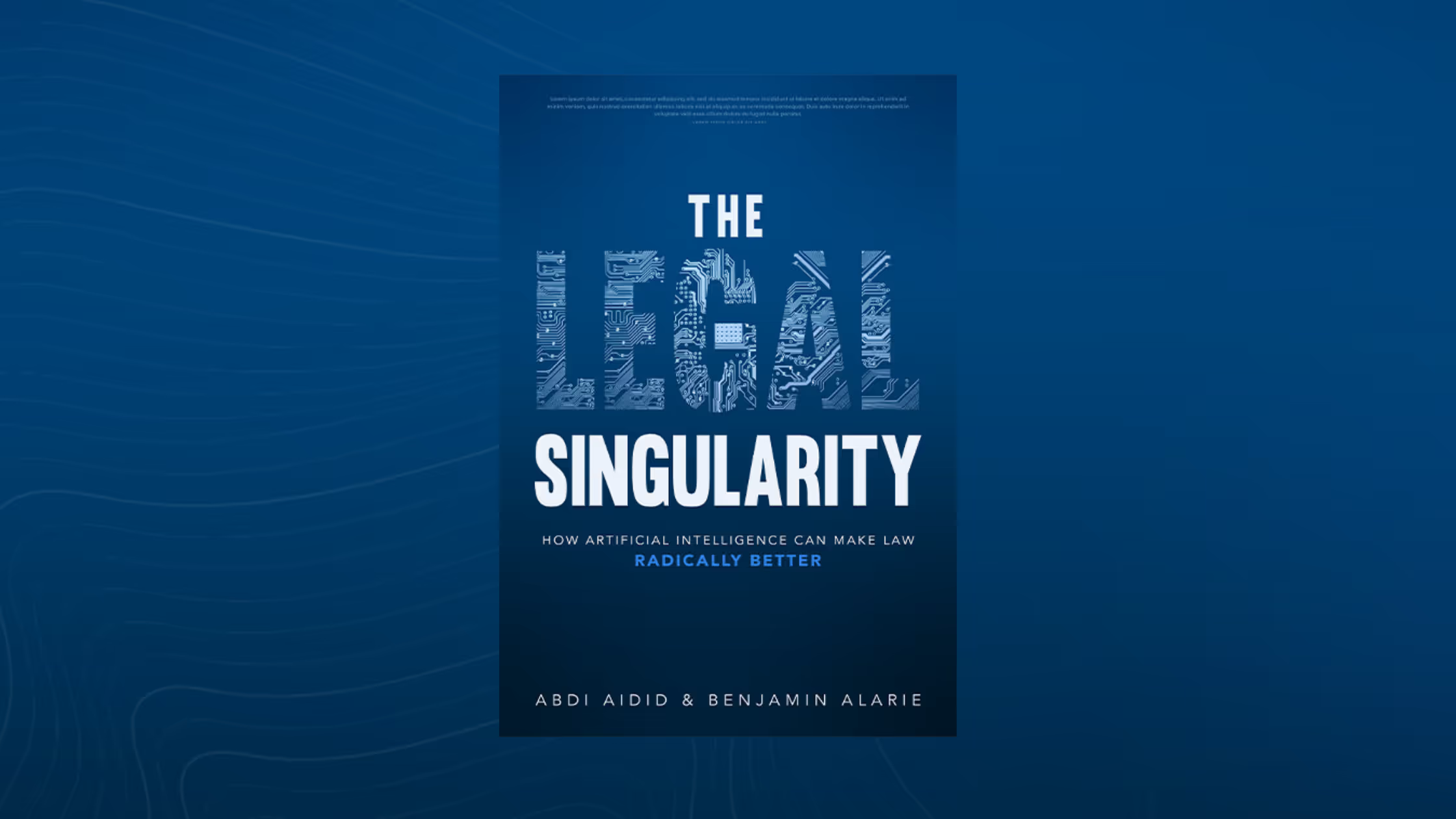
The Legal Singularity (Ch. 8): Optimizing Government Operations with Computational Methods
At Blue J, we're delighted to offer this blog series providing an exclusive sneak preview into the highly anticipated book, The Legal Singularity. The book explores how society can harness artificial intelligence (AI) to make the law "radically better" and achieve a vision of the law as fully comprehensive and predictable. One illustration of our commitment to advancing the legal industry is the development of Ask Blue J, our upcoming AI-powered tax Q&A bot similar to ChatGPT. We're thrilled to be a part of this exciting future and look forward to continuing the conversation with you.
Exploration of Chapter 8: Implications for Government
If you missed our summary of the preceding chapter, we encourage you to read it here.
The experience of inefficiencies in government services, such as tax administration, licensing, and benefits is universal. Delayed adoption of modern technologies can impede operations and create a perception of an outdated government,undermining trust and legitimacy. To address these challenges, the eighth chapter of The Legal Singularity advocates for the optimization of government services and legislative processes through computational methods, with the potential to improve citizen compliance and increase revenue.
AI is particularly well suited to government use as it offers superior speed and accuracy in processing the large data sets that governments collect and maintain, and it can perform routine and repetitive tasks without breaks or distractions. Moreover, as AI advances rapidly in the private sector, its adoption in government is shifting from an advantage to a necessity. To respond to this technological focus, governments must maintain AI literacy and cybersecurity expertise to effectively regulate and prevent the exploitation of AI for nefarious purposes.
Governments globally are already investing heavily in AI systems. Notably, Estonia has been lauded as the world’s most advanced digital society. All government services in Estonia have been successfully integrated into a single digital platform, making them accessible online 24/7 and transforming the lives of its citizens.
Computational methods have two key applications in regulating human behaviour, a crucial function of any government. First, AI-based tools can help streamline the administration of law. Examples include:
- Tax regulation - processing tax returns more efficiently, identifying suspicious transactions or identity theft, and automatically applying eligible deductions to generated returns
- Government benefits distribution - identifying those eligible for support, detecting potential fraud, and determining the effectiveness of social programs
- Immigration - harnessing certainty, predictability, consistency and transparency in decision-making, while preserving legal safeguards
The second application is that AI-based tools can be used to develop the law itself, refining it continuously, predicting consequences of legislative rules, and proposing new legislative text. This serves to elucidate legislative intentions, enhance democratic control, and align with fundamental values, thereby providing consistent coverage that evolves with societal changes.
Blue J's ambition is to overcome the persistent incompleteness problem of the law by conceiving of ways to address legal uncertainty that extends to the legislature. In pursuit of this goal, our forthcoming AI-powered tax Q&A bot, Ask Blue J, aims to provide improved coverage of the law and increased decision-making accuracy.
Stay tuned for our next blog post which will highlight the ninth chapter of The Legal Singularity and explore the journey towards ethical and equitable legal prediction.
The Legal Singularity (published with University of Toronto Press) is set for release July 2023.

Stay up to date












